 With consumers of affordable housing facing unprecedented obstacles obtaining financing and with the small businesses that constitute the heart and core of the manufactured housing industry struggling every day to survive, HUD regulators have demonstrated once again that they remain woefully out of touch with – and insensitive to – the struggles of the federal program stakeholders.
With consumers of affordable housing facing unprecedented obstacles obtaining financing and with the small businesses that constitute the heart and core of the manufactured housing industry struggling every day to survive, HUD regulators have demonstrated once again that they remain woefully out of touch with – and insensitive to – the struggles of the federal program stakeholders.
As was shown at the recently-concluded HUD-COSAA meeting, HUD program regulators, in the face of terrible economic times for the industry and its consumers, are not only continuing – but are intensifying and expanding – efforts that will cause even greater harm. Worse yet, most of those efforts have been tailored to appease the industry’s largest businesses at the expense of smaller entities and consumers. Thus, while Congress and the Administration – with critical elections impending – are focused on helping “Main Street” businesses and consumers weather the current economic storm, out-of-touch regulators are busy pushing schemes to undermine the industry’s “Main Street,” on both production and financing, while advancing the interests of its largest entities. They simply do not seem to understand – or care – that every time they unnecessarily increase regulatory compliance costs, they are excluding huge numbers of homebuyers from the market.
This insensitivity to economic reality and the core mission of the federal program was particularly evident when the HUD-COSAA meeting addressed two of the most important regulatory issues facing the industry and its consumers: (1) expanded in-plant regulation; and (2) state and/or local fire sprinkler mandates and federal preemption.
From the start, there was no credible discussion of either of these critical and costly regulatory matters, because discussion panels on both topics were doctored to exclude the industry’s small businesses and consumers, and were instead stacked with supporters of the positions and policies favored by HUD. As a result, representatives of the program stakeholders who would be the most drastically affected by the regulatory compliance cost and retail price increases that would result from HUD’s approach to both issues, had no opportunity to point out and explain the fallacies of those positions and policies, let alone suggest alternatives or improvements.
Even worse, HUD did not bother to invite either the members – or even just the officers – of the Manufactured Housing Consensus Committee (MHCC) who, by law, must be fully engaged on these matters. This should not be surprising, however, given the fact that HUD regulators have done – and continue to do – everything in their power to weaken this important regulatory check-and-balance. They have done this by, among other things, excluding the collective national representation of the industry’s smaller businesses from the MHCC and by refusing to trigger the MHCC consensus and rulemaking provisions of the 2000 reform law regarding these – or other major regulatory actions. As HUD program regulators have tacitly acknowledged, however, the Department has taken these steps precisely because, in the past, the presence of industry collective representatives, as voting members of the MHCC, provided other members with years of accumulated factual background and accurate information that led them to question HUD positions during MHCC debates and even to reject certain HUD proposals.
Thus, rather than consider alternative viewpoints, the Department is attempting to impose the single largest expansion of in-plant regulation since the inception of the federal program – changing its entire “focus” – without bothering to run the core elements of that expansion past the MHCC, or through required rulemaking. Bypassing these procedures, HUD has never had to justify its actions. Nor could it, as the simple fact that there have been fewer than 10 cases handled thus far under the federal dispute resolution system, shows that in-plant regulation is working properly now and is not a problem. Neither has HUD, or anyone else, ever produced any hard numbers on the dollar ($) cost of that expansion on the industry and consumers.
And, while confusion reigns as to exactly what this expanded regulation requires – for example, a process marketed to manufacturers as “voluntary” is now characterized by HUD “Field Guidance” as “not voluntary” – more demands and even higher costs could be on the way. According to program personnel at the HUD-COSAA meeting, compliance audits will be returning soon – for everyone. Furthermore, according to HUD, expanded regulation will soon require manufacturers to engage in a “constant improvement process” to continually assess and upgrade their quality control procedures, subject to oversight by PIAs, the monitoring contractor and HUD. Asked what “constant improvement” means for regulated parties, and particularly small businesses, or under what circumstances it might be required, HUD personnel had no specific answer, leaving manufacturers to chase – at great cost – an elusive, undefined ideal, at a time they are struggling just to survive.
And HUD’s sensitivity for lower and moderate-income consumers is no better regarding federal preemption of state or local fire sprinklers mandates. Instead of triggering preemption based on current HUD fire safety standards to prevent or nullify state and/or local sprinkler mandates that could add thousands to the cost of manufactured homes (up to 4% of construction costs in some studies), make some rural placements impossible, and exclude even more homebuyers from the HUD Code market, HUD is poised to impose its own federal sprinkler mandate. HUD claims the only way it can preempt state or local sprinkler mandates is with a federal sprinkler standard. But as relevant court decisions show, a federal standard that addresses the exact same piece of equipment as a state or local standard is not a prerequisite for preemption.
More importantly, a federal standard must be justified and cost-effective, regardless of its purpose. A study conducted nearly 25 years ago, however, by Foremost Insurance Company, the leading national insurer of manufactured homes, showed that manufactured homes, under the HUD standards, have half the incidence of fire of other types of housing. And it stands to reason that if those homes had half the incidence of fire of other types of housing, today’s manufactured homes would be even safer. And, indeed, other more recent studies show that the existing federal fire safety standards work. Thus the need for a costly federal sprinkler mandate has not been – and cannot be – shown. So why require costly fire sprinklers that are unnecessary?
Unfortunately, with a pass from some of the industry’s largest entities, HUD is taking a course that will put manufactured housing out of the reach of even more “Main Street” American families. And, while every other segment of the housing industry is fighting to prevent such unnecessary and costly mandates – and mostly winning – HUD, with one stroke of the pen, will make it easier for jurisdictions to require sprinklers in every manufactured home produced and, at the same time, will undermine robust federal preemption.
In MHARR’s view, HUD’s continuing unnecessary and costly impositions on the manufactured housing industry and consumers reflect a gross disconnect between the federal program and the people it is supposed to serve.
MHARR is a Washington D.C.-based national trade association representing the views and interests of producers of federally-regulated manufactured housing.


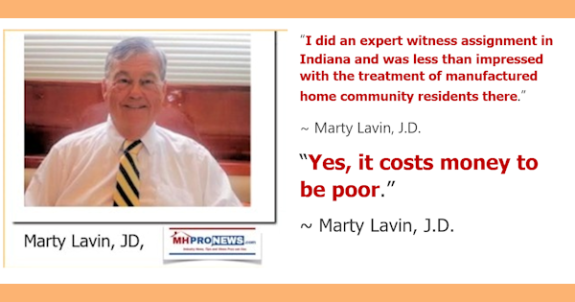
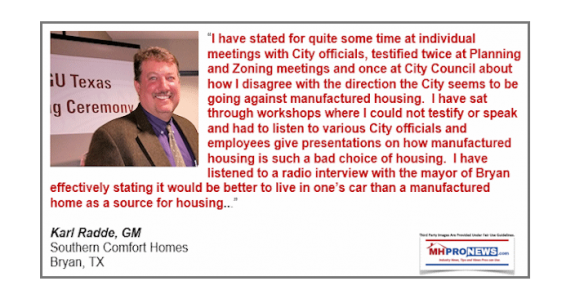
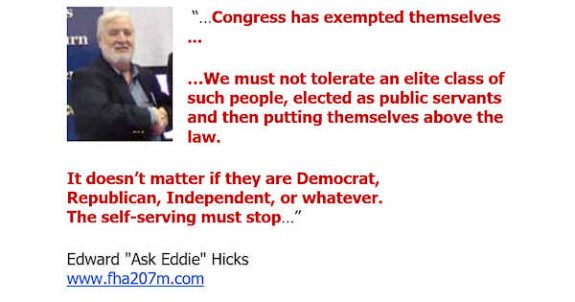
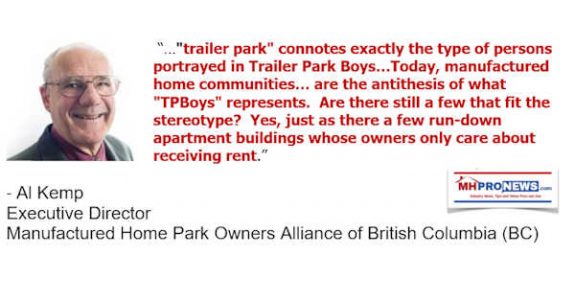
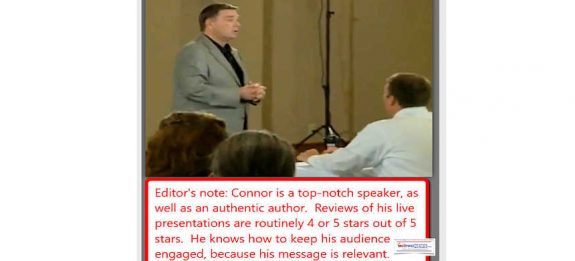
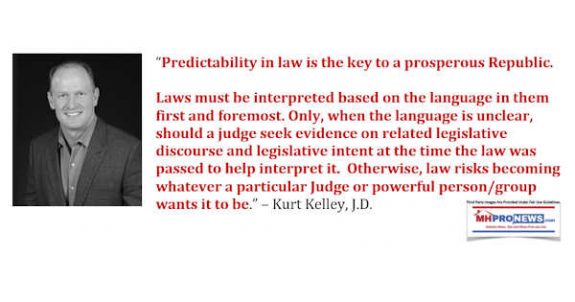
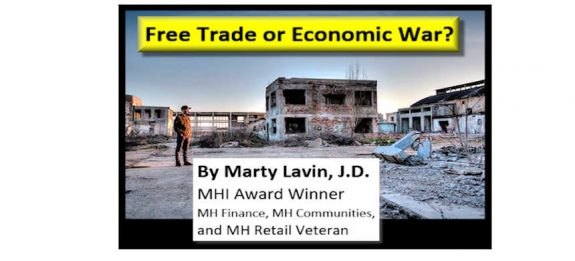
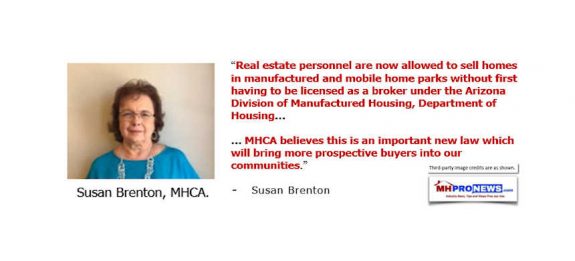
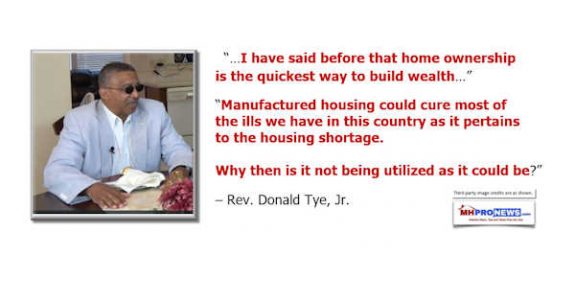
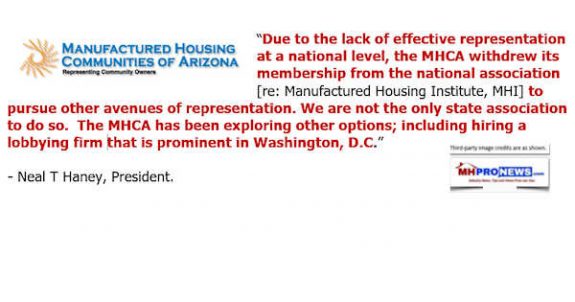
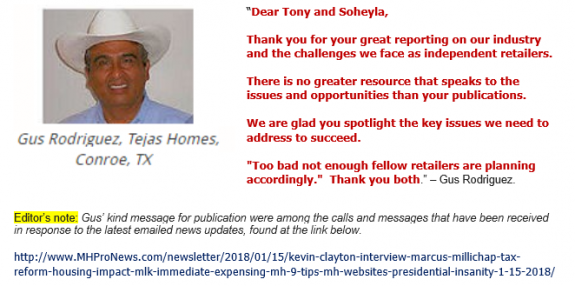
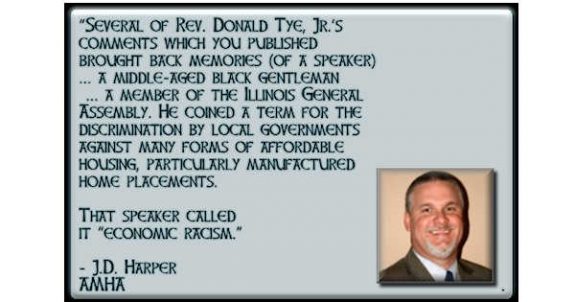
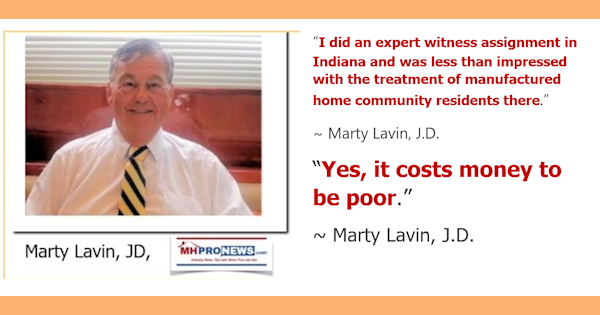
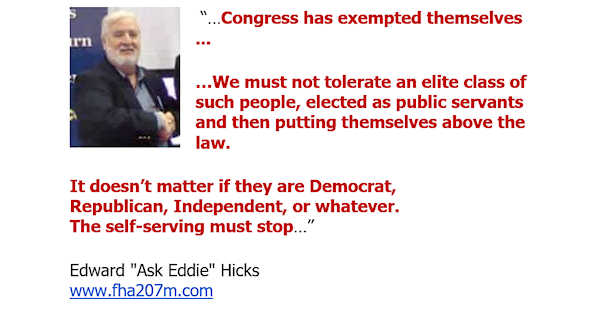
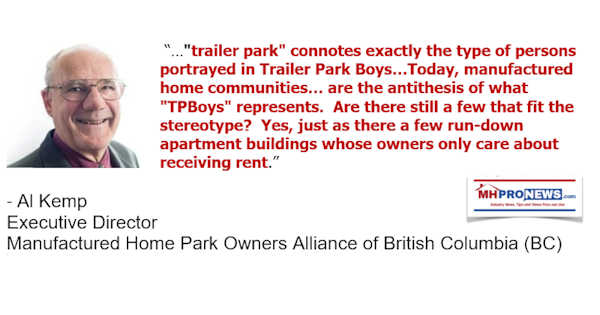
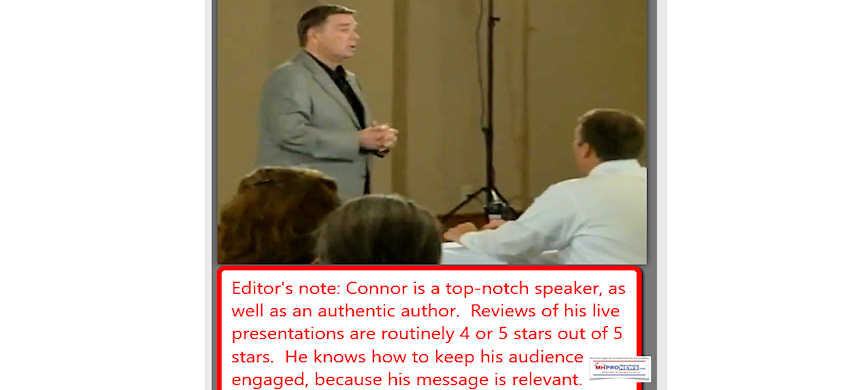
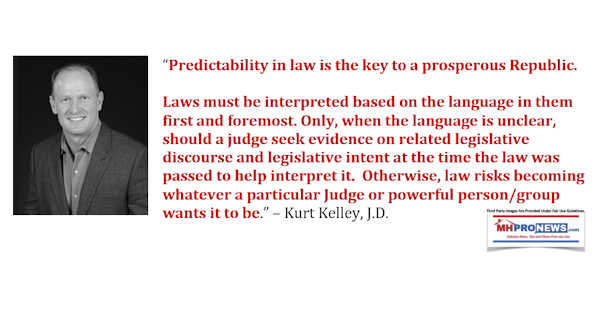
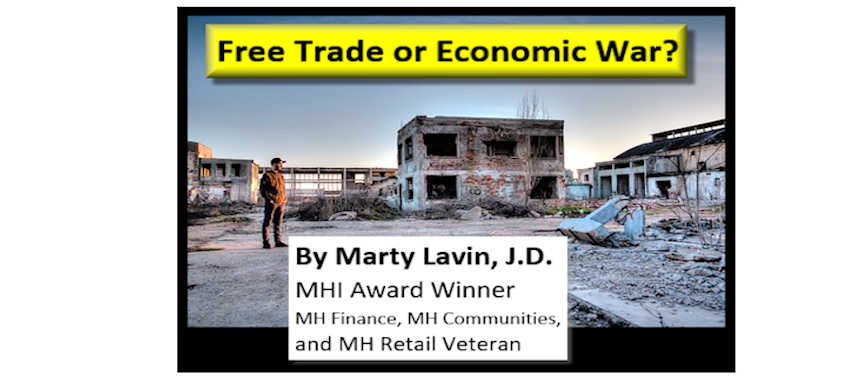
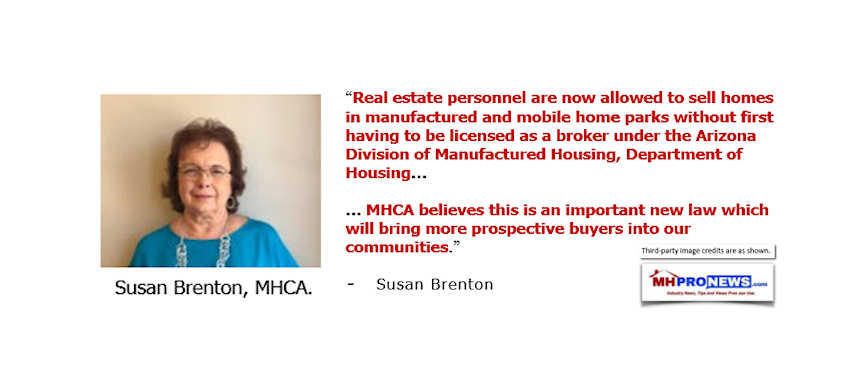
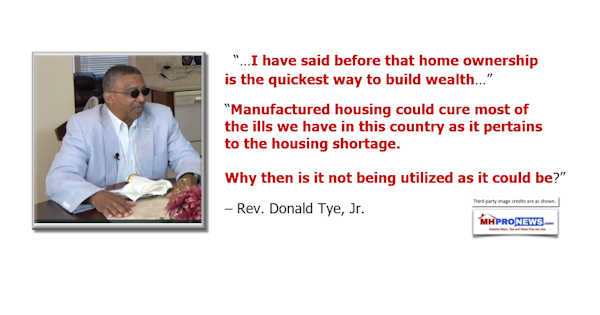
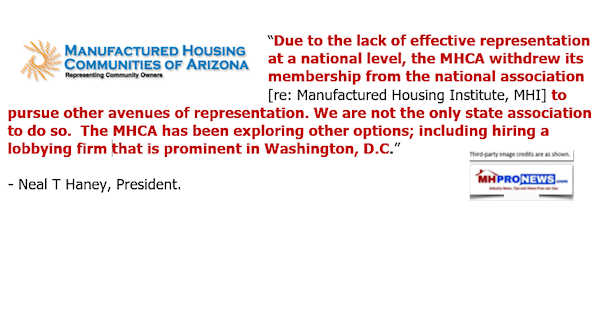
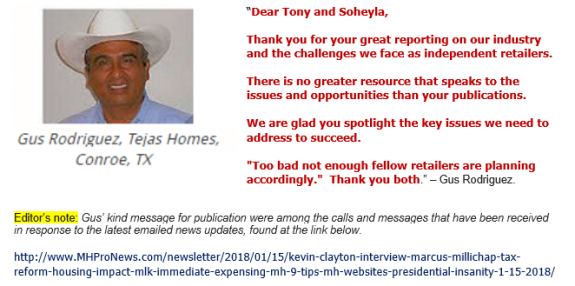
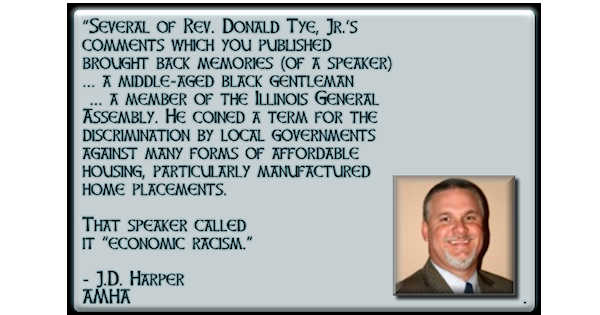
Karl Radde – TMHA, MHI, Southern Comfort Homes – Addressing Bryan City Leaders, Letter on Proposed Manufactured Home Ban
To All Concerned [Bryan City Officials, Others]: As the retail location referenced by Mr. Inderman, I would like to take a moment to address the …